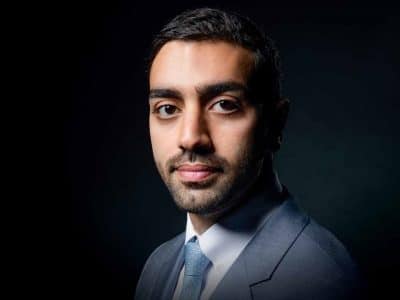A new report has indicated that UAE’s pharmaceutical industry is expected to grow by approximately 17 percent during 2010 – 2013, on the back of a growing population, liberal trade policies and adaptation to international healthcare standards.
According to a report published by Emirates Business, the medical devices industry is also expected to grow substantially, driven by strong investments.
The report attributes the optimism in the medical industry to the increasing awareness about healthcare amongst people.
The future of the industry, according to the report is pleasantly buoyant.
Last month, Business Monitor International (BMI) forecast that the UAE pharmaceutical market will grow 14.9 per cent to $1.59 billion this year from last year’s total of $1.38 billion.
The report expects that the national drug expenditure in the UAE will reach $2.46 billion by 2014, equating to a compound annual growth rate of 12.21 percent, but the CAGR for 2009-2019 will slow to 10 per cent and at the end of this period the market will be worth $3.59 billion.
Together, the six GCC states have the highest obesity rate in the world and, within 10 years, their population is expected to reach 53 million.
BMI says that the healthcare reforms in the region have increased the potential for higher per capita spending on medicines.
The Middle East presents an exciting opportunity for drug makers, particularly the generic drug sector, but the local drug industry needs more investment to stay competitive and face the challenges presented by foreign drug makers.
UAE’s oldest drug makers, Julphar, distributes just 10 per cent of its output within the emirates, focusing the rest on exports, and this strategy, according to the BMI, is wise given the limited domestic demand in the medium and long term in the UAE.
BMI said that Egypt, Jordan and Saudi Arabia are providing more competition for generic makers, although this is largely attributed to high local demand, which has necessitated and supported the growth of local manufacturers.







